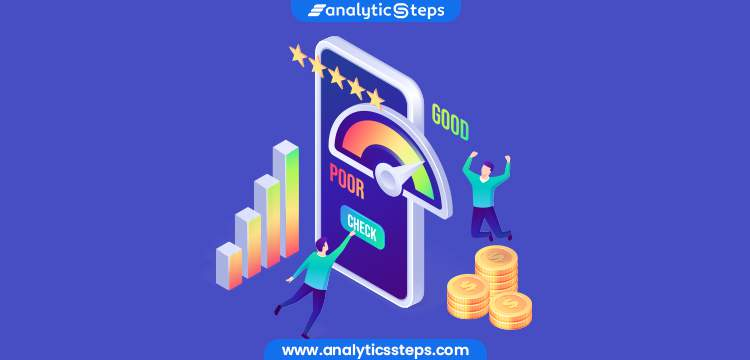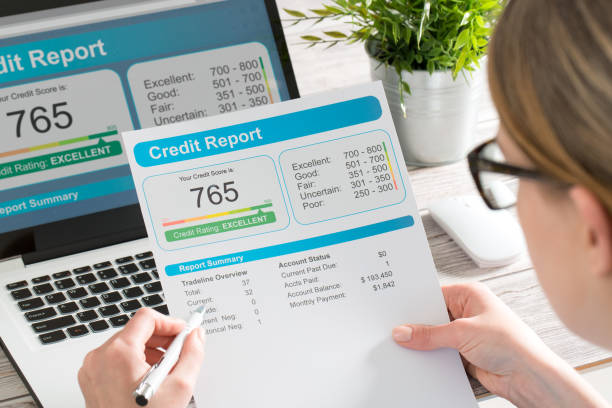Introduction
A consumer's financial stability is shown by their credit score, which is between 300 and 850. The higher the score, the borrower's profile is more favorable to potential lenders. The credit score is determined using the credit history, which considers open accounts, total debt, length of payback, and other factors. Lenders use credit ratings to assess a borrower's chances of timely loan repayment.

What Aspects Of Your Credit Score Are Influencing You?
Although you might not be able to forecast your credit score fully, you shouldn't feel trapped by a dubious system. At least a significant amount of the outcome of your credit score is under your hands. In particular, the credit bureaus consider the five elements listed below when determining your score and the percentage of your score that they will account for. We'll also go through the fundamentals of the variables that affect these and let you know precisely how your credit score in the areas below is affected.
Most Significant: History of Payments
Your credit score will increase if you have a history of timely payments. However, a late payment will lower it. The longer an invoice is unpaid, the worse the consequences of late payments will become. A 30-day payment delay might not be as detrimental as one of 60 or 90 days.
Important: Credit Usage
The percentage of your total revolving credit accounts' credit limits to what you owe represents your credit utilization rate (credit cards and credit lines). Your credit score benefits more from a lower utilization rate. Utilizing credit cards excessively or carrying a portion of the sum past due will lower your score by raising the rate of use. Understanding the duration of your credit history is crucial. The average age of your accounts could be lowered by opening a new account, which could affect your results. However, the negative effect on your score could be mitigated by decreasing your usage rate and raising the total credit line. Pay the new account on time to include it in your credit score.
A Good Credit Score: What Is It?
Your credit report information is used to calculate your credit score. Typically, credit scores range from 300 to 850. Different lenders have various standards for approving loans.
Why Does Your Credit Score Drop?
The Unintended Application Of Excessive Amounts Of Credit Or Loans.
The only way to get a strong credit history is to take out a loan and repay it. (Obviously, it's real, though!) Applying for many credit cards and loans at once should be avoided. Before granting you an unsecured credit line or another loan, the lender will often run a hard credit check on your credit reports. Hard questions could temporarily lower your score a little bit. Regardless of whether you decide to approve the loan or not, the data will stay on your credit report for two years.
Missing Or Making Late Payments.
Your past payment history accounts for 35% (or more) of your FICO score. This includes details about specific accounts (such as credit cards, installment loans, retail accounts, and mortgages), as well as information from public records (such as liens or foreclosures, as well as bankruptcy), the number of past-due accounts you have in your file, and how long they have been past due.
Failure To Repay A Loan.
The length of time is the fundamental factor determining the difference between a default and a default. When a borrower doesn't repay their debt for 30 to 90 days, he is considered a delinquent. Delinquencies lower your credit score, but they can be repaired by paying the total amount owing plus any additional costs that may have been incurred. When a borrower consistently ignores their bills for a longer length of time, a loan default happens. Different loans may have different lenders, types, and default periods. Most of the time, though, it will happen within 90 days.
Your Credit Limit Can Be Raised.
You can choose between opening a new credit card or asking for an increase on your preferred credit card to raise your credit limit. As long as you aren't using up your credit limit every month, your utilization rate will be lower the more significant your total credit line. Make sure you are not enticed to spend more than you can afford before asking for an increase in your credit limit.

Conclusion
Five factors generate credit ratings, including your payment history and the amount you owe. Your credit score may drop if you experience issues in these areas. You can also raise your credit score by making wise decisions, such as paying your payments on time and reducing your debt load.



